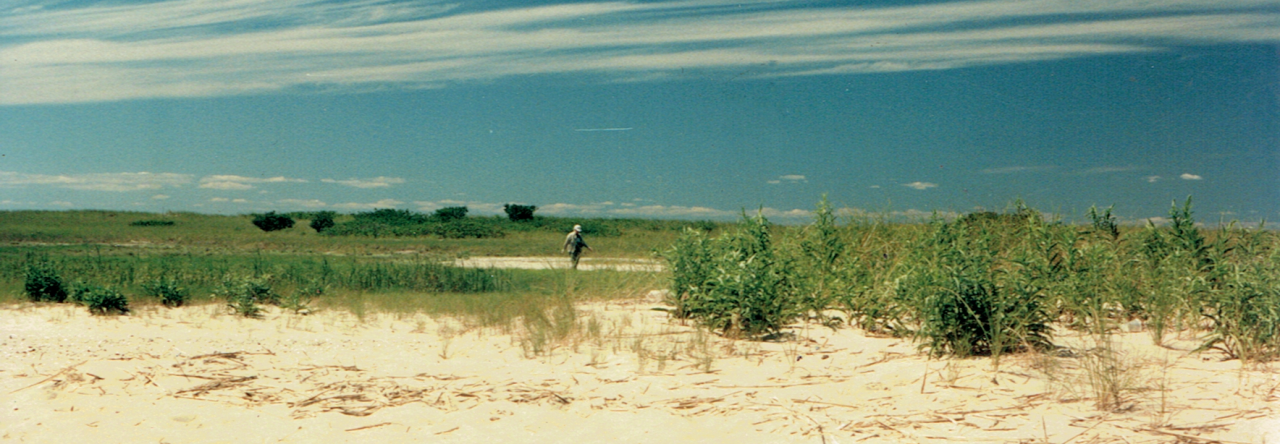There are several smaller steps to be taken before the first step. When I planned a backpacking trip, thinking was the first step. That process included where, when, how, why, and what. After all the preparation, the expectation of shouldering pack and taking the first step finally happens. It’s a step of intention, will power, and hope. There is built-in insurance but still the possibility that anything could happen to spoil the planning and preparation.
Why all the fuss? Many of the hikes are only going to take a few hours. Yet, after the first step, there’s a sense of relief. Just follow the blazes and enjoy nature. It takes a lot of effort to escape the hustle-bustle, the noise, the chaos of daily routines. A sense of satisfaction results with the first step and a sigh of relief. The first step is medicine. Once I step out, a holistic feeling of “this is good for me.” kicks in. I’m on my way to sanity and better health.
Here I am, looking at trees and a foot-worn path. Once I’ve loosened up, I begin to think of all the thousands of first steps I’ve taken. Wait…everything I do is a first step. Experience is simply step-by- step routes to more experience.
I am impulsive and have a long history of not thinking and planning for first steps. I jump in and make many more mistakes using the trial and error method. Manic first steps lead to unfinished intentions. A friend suggested the STOP method. Stop, Think, Observe, and Plan. I usually jump right to the last step. My plan is often without a foundation. Many first steps have been unrealistic and undoable because I didn’t spend time devising a strategy. Many mistakes could have been avoided by slowing down and looking ahead.
The first step isn’t doing something. It’s going through a process just like preparing for a backpacking trip. Its thinking of all the things I need, don’t need, shelter, food, liquid, first aid, map, weather, clothing, and a plan B.
I’ve undertaken a lot of first step hikes without any preparation. Now I have a friend to hike with. He has an I-pod. What’s to worry? Thanks Mark Harrington.

Leave a Reply